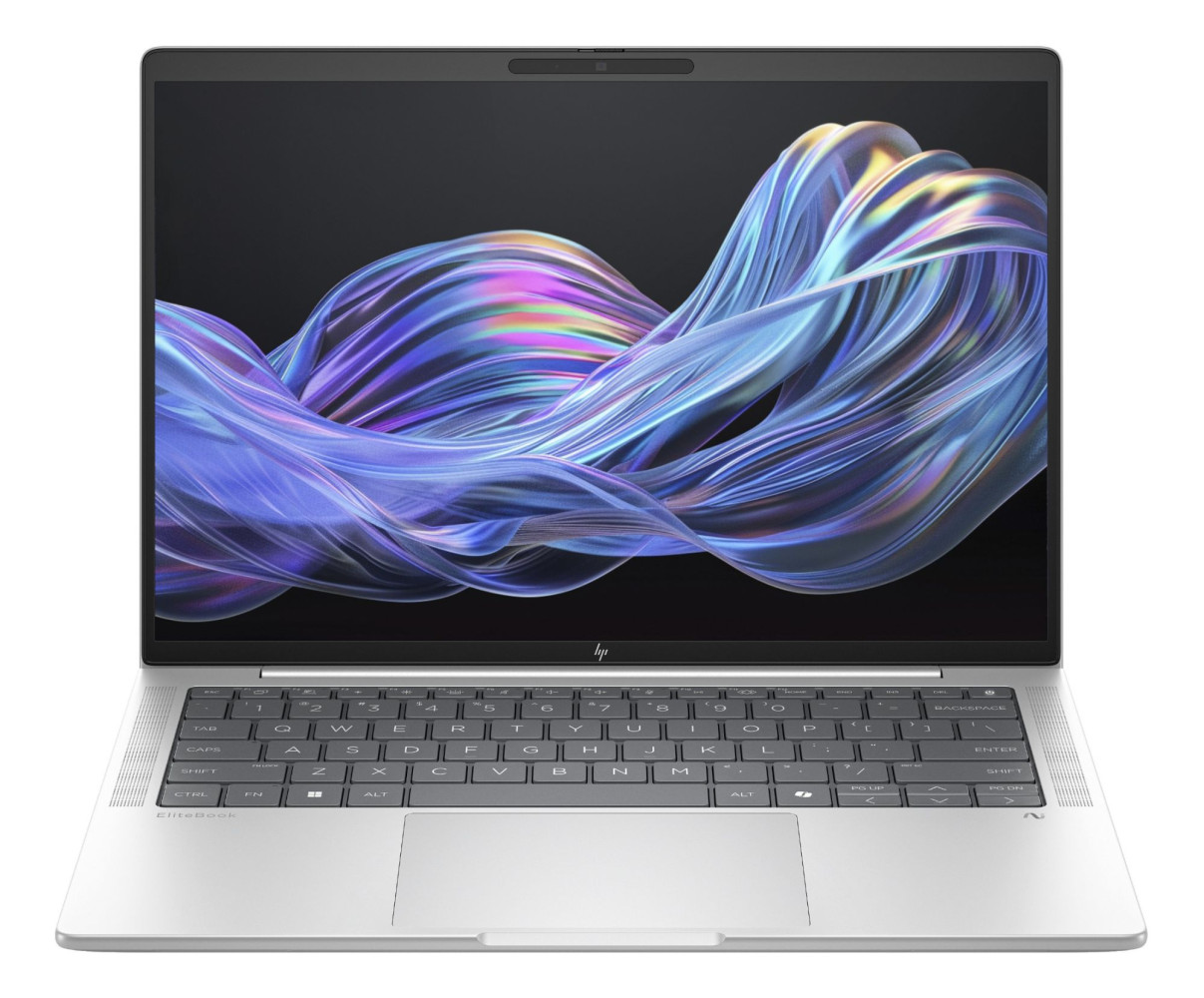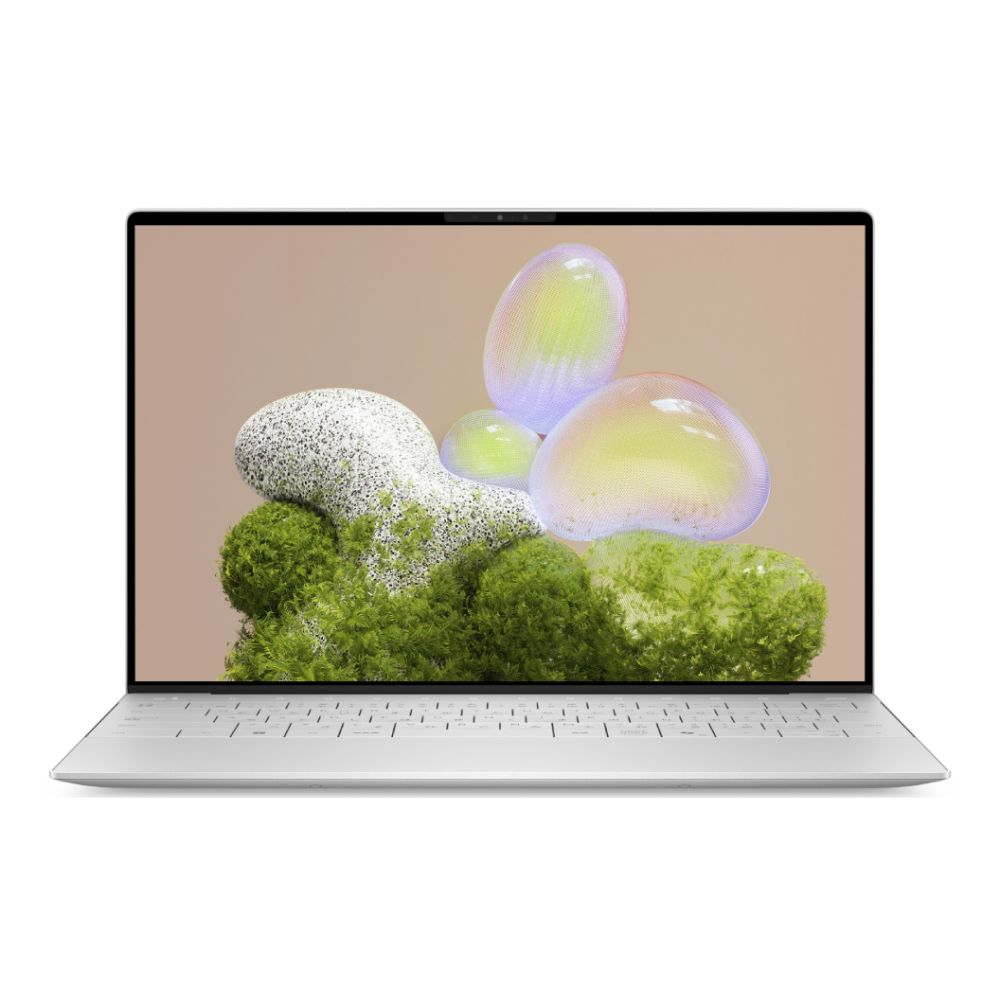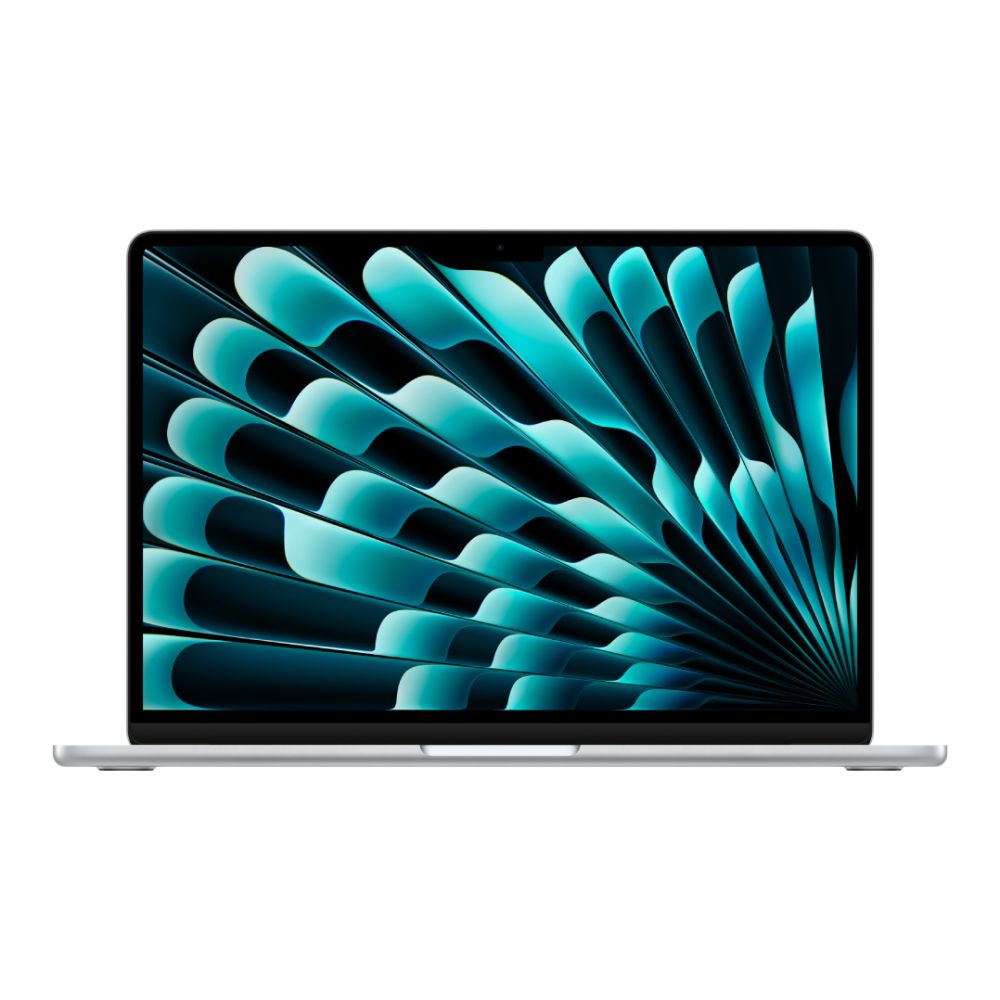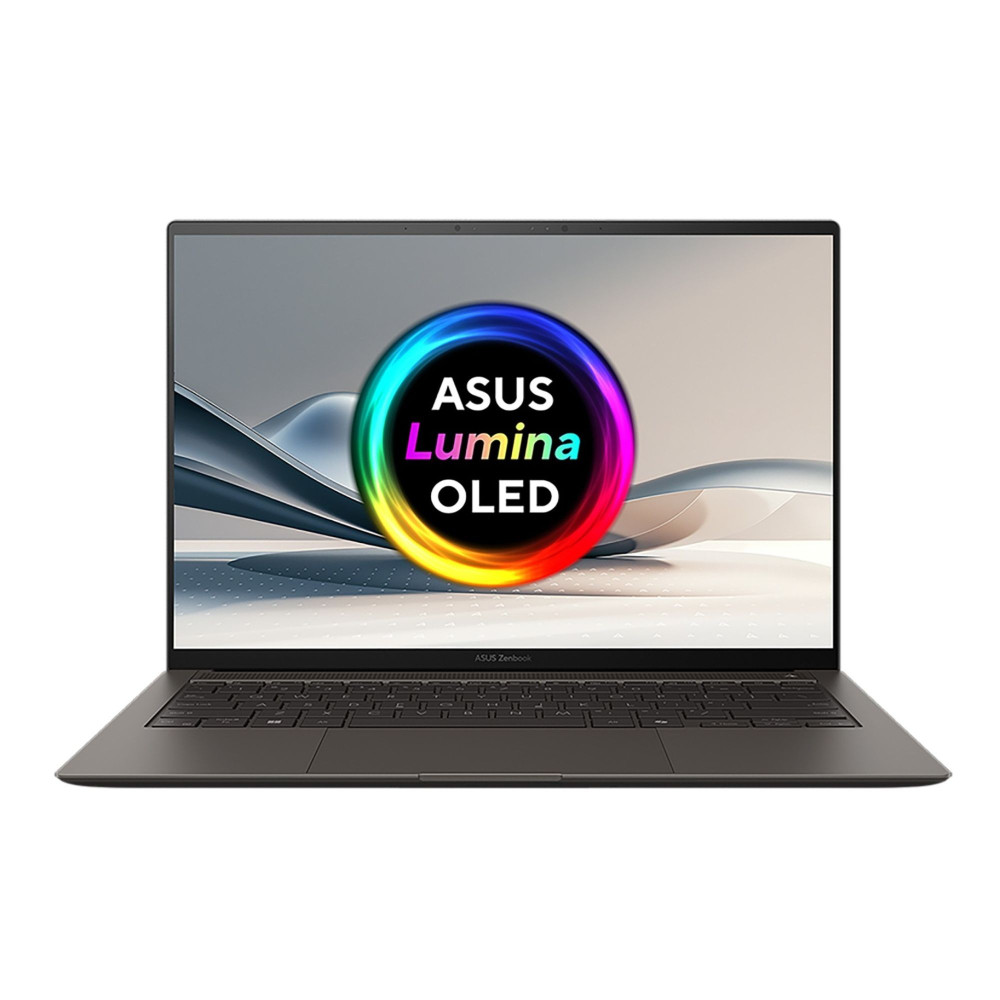POSTED: 30 September, 2025
Which Laptop Is Best for AI
Artificial intelligence (AI) is becoming a big part of everyday life. From voice assistants and chatbots to smart recommendations on your favourite apps, AI is everywhere. If you're diving into areas like machine learning, data science, or deep learning, having the right laptop can significantly enhance your productivity. These types of tasks often involve handling large sets of data or training complex models, which can be quite demanding on your computer. A slow or underpowered laptop can turn even simple tasks into a frustrating experience. But with so many options on the market, how do you know which one is actually up to the job? In this guide, we’ll break things down and help you find the best laptop for AI. Whether you're just starting out or already working on serious projects, we have got you covered.
In a hurry? Click here to find the best AI laptops.
If this is your first time buying AI laptops and you want to explore all the features that will help you select the best laptop for AI, be with us for a while and we will decipher everything for you.
Key Requirements to Consider Before Buying the Best AI Laptop
When choosing the best laptop for AI development, it's important to look beyond just the brand or design. AI-related tasks like machine learning, data science, and deep learning can be very demanding, so your laptop needs to have the right balance of power, speed, and flexibility. Here’s what to keep in mind:
Processor (CPU)
The processor is the brain of your laptop, and for AI work, it needs to be fast and efficient. Look for multi-core CPUs because the more cores your laptop has, the better it will handle tasks like training models or analysing large datasets.
Top choices include:
- Intel Core i7 or i9 (11th gen or newer)
- AMD Ryzen 7 or Ryzen 9
- Apple M1, M2, or M3 chips
These processors are well-suited for most machine learning laptops and can comfortably manage the workload you'll encounter in typical AI projects.
Graphics Card (GPU)
For anything involving deep learning or heavy computations, a dedicated GPU is a must. While CPUs can do the job, a powerful GPU speeds things up dramatically, especially when training neural networks.
Recommended GPUs:
- Integrated GPUs for lightweight working or NVIDIA RTX series (e.g. 3060, 3070, 3080, or the newer 40-series) for heavy lifting.
- Apple’s M1/M2/M3 integrated graphics (great for on-the-go work)
If you're using frameworks like TensorFlow or PyTorch, NVIDIA GPUs have an edge because they support CUDA – which helps your models train faster and more efficiently. This is why the best deep learning laptops often come with advanced NVIDIA GPU models.

Close-up of a laptop with visible specs like CPU, GPU, and RAM on screen, emphasizing powerful hardware for AI/ML tasks.
RAM
Your laptop’s memory (RAM) plays a big role when handling large datasets or running multiple tools at once.
Minimum: 16 GB (good for beginners or light tasks)
Recommended: 32 GB or more (ideal for deep learning and complex models)
If you’re working in data science, you'll find that extra RAM allows smoother multitasking, from running code to visualising data.
Storage
Speed matters when it comes to storage. An SSD (solid-state drive) ensures quick access to your files, models, and datasets.
Minimum: 512 GB SSD
Preferred: 1 TB or more if you’re dealing with large projects or datasets
This is a key feature when looking for a laptop for data science, where you'll often work with multiple versions of large files.
Battery Life & Portability
If you’re a student, freelancer, or someone who likes working on the go, battery life and portability really matter. While high-performance laptops can be power-hungry, some offer a great balance like MacBooks or lighter gaming laptops.
Finding the best laptop for artificial intelligence isn’t just about raw power. It is also about where and how you’ll use it. A lightweight, long-lasting machine makes a big difference in your daily workflow. For example, laptops for students must be portable and must also offer better battery timings.

Student or freelancer working on a sleek laptop in a cozy café, showcasing portability and battery life for remote AI work.
Operating System
AI tools and libraries are mostly compatible with Windows, macOS, and Linux, but each has its own strengths:
- Linux: Preferred by many developers for its flexibility and native support for most AI libraries.
- macOS: Smooth and reliable, great for everyday use and coding, especially the newer M-series chips.
- Windows: Excellent for using tools like CUDA (NVIDIA), plus it supports most AI software out of the box.
If you're serious about working with frameworks and coding environments, make sure your operating system plays nicely with them as it is an important part of choosing the best laptop for machine learning.
Upgradeability
Finally, think about the future. Can your laptop grow with you? Some laptops let you upgrade the RAM or storage later on, which can save you money down the line. On the other hand, ultra-thin models or MacBooks are not upgradeable after purchase.
If you're in it for the long haul, investing in a machine that can evolve with your skills is a smart move when picking the AI notebooks.

Developer coding AI models on a multi-monitor workstation, highlighting upgradeability and OS versatility (Windows/macOS/Linux).
Top 5 AI Laptops to Buy in 2025
Now that you know about the features that matter while selecting an AI laptop, here are our top 5 picks.
Dell XPS 13 9350 Intel Core Ultra 7 256V 16GB RAM 512GB SSD 13.4" Windows 11 Pro Copilot+ Business Laptop [H3]
The Dell XPS 13 9350 is a stylish, lightweight laptop aimed at business users and professionals on the go. With the Intel Core Ultra 7 256V processor and 47 TOPs of AI performance, it’s built with modern AI workloads in mind, making it a capable choice for light to moderate tasks in machine learning, data science, and AI development.
Its Intel Arc 140V GPU is fine for basic AI models and visualisations, but lacks CUDA support, which may limit performance in deeper deep learning tasks. Still, for students or developers working mainly on model inference or coding, it’s more than sufficient.
You get 16 GB of fast LPDDR5x RAM and a 512 GB SSD, which are ideal for handling datasets, notebooks, and everyday multitasking. The 13.4" Full HD+ display is crisp, and the laptop’s 1.19 kg weight makes it extremely portable.
DELL Pro 13 Premium PA13250 Intel Core Ultra 7 266V 16GB RAM 512GB SSD 13.3" Windows 11 Pro Laptop
The DELL Pro 13 Premium PA13250 is a lightweight, compact laptop designed for everyday use, but it holds up surprisingly well for entry-level AI development and machine learning tasks. Powered by the Intel Core Ultra 7 266V (8-core, up to 5.0GHz), it’s part of Intel’s latest AI-ready range and offers a respectable 47 TOPs of AI performance.
With 16 GB of RAM and a 512 GB SSD, it provides enough speed and storage for coding, data analysis, and running smaller models in tools like JupyterLab or VS Code. The Intel Arc 140V GPU, while not built for heavy deep learning, can handle basic AI workloads and model inference comfortably.
The 13.3" WUXGA IPS display is crisp and clear, making it easy to review data visualisations or work on the move. At just 1.07 kg, it’s perfect for students or professionals looking for a highly portable machine learning laptop that doesn’t compromise on usability. Check the price and more details here.
HP EliteBook X G1i Intel® Core™ Ultra 7 258V 32GB RAM 512GB SSD 14" Windows 11 Pro Copilot+ Business Laptop
The HP EliteBook X G1i stands out as a powerful and professional-grade choice for anyone working in AI, data science, or machine learning. Equipped with the Intel Core Ultra 7 258V processor, it delivers fast and efficient performance, supported by Intel’s AI-enhanced architecture from the Core Ultra Series 2.
What really makes this laptop shine for AI work is the generous 32 GB of LPDDR5x RAM. This allows for smoother multitasking, faster model training, and effortless handling of large datasets, making it a strong option for those seeking the best laptop for machine learning in a portable form factor.
The Intel Arc 140V graphics card is capable of handling basic deep learning tasks and model inference, though it may fall short for intensive training that typically benefits from NVIDIA’s CUDA support.
Its 14" WUXGA IPS display, light 1.18 kg weight, and Windows 11 Pro setup make it a great everyday device for AI developers on the move. With multiple modern ports and solid build quality, it’s a reliable choice for business users too.
Looking for a gaming laptop that offers performance without breaking the bank? Check out the 
Apple MacBook Air M3 Octa-Core Chip 24GB RAM 512GB SSD 13" MacOS Sonoma Silver Laptop
The Apple MacBook Air M3 is a sleek, lightweight powerhouse, offering solid performance for those working in AI, data science, and machine learning, especially on the go. Powered by the Apple M3 chip (octa-core CPU with a 10-core GPU), it delivers smooth and efficient processing for day-to-day AI development, model testing, and data analysis.
With 24 GB of unified memory and a 512 GB SSD, it handles multitasking and larger datasets with ease, making it ideal for notebooks, coding environments, and training smaller models. While it doesn’t support CUDA (a drawback for some deep learning workflows), Apple’s hardware-optimised ML tools and tight integration with macOS Sonoma make it an attractive option for developers in the Apple ecosystem.
The 13.6" Liquid Retina display is vibrant and crisp, perfect for reviewing visual outputs, dashboards, or data plots. And at just 1.24 kg, it’s one of the most portable options available, a real plus for students and professionals alike. View its price and features here.
ASUS ZenBook S 14 UX5406SA-PZ127W Intel Core Ultra 5 226V 16GB RAM 512GB SSD 14" Touchscreen Windows 11 Home Laptop
The ASUS ZenBook S 14 UX5406SA offers a strong mix of performance, portability, and premium features, making it a solid entry-level option for AI development, data science, and light machine learning tasks.
Powered by the Intel Core Ultra 5 226V chip, this octa-core processor from Intel’s AI-ready lineup supports everyday coding, data manipulation, and basic model inference with ease. The Intel Arc 130V GPU with 4 GB of graphics memory is a bonus for visual tasks and model rendering, though it's not designed for intensive deep learning training.
The 16 GB of LPDDR5X RAM and 512 GB SSD provide a fast, responsive experience, and should handle most AI workflows smoothly — especially those focused on coding, prototyping, and analysis.
Where this laptop really shines is its stunning 14" 3K OLED touchscreen. It’s ideal for viewing charts, datasets, or even presenting work to clients or colleagues. At just 1.2 kg, it’s perfect for developers on the move.
Conclusion: The Best AI Laptop in 2025
Choosing the best AI laptop in 2025 depends on your specific needs. For those seeking lightweight and efficient machines, the Apple MacBook Air M3 stands out with its optimized hardware and seamless macOS integration. Professionals needing robust multitasking and larger memory will appreciate the HP EliteBook X G1i’s 32GB RAM and strong performance. Meanwhile, Dell’s XPS 13 and Pro 13 offer excellent portability with respectable AI capabilities. For a balance of features and display quality, the ASUS ZenBook S 14 is a solid contender. Ultimately, your choice should align with your workflow demands and AI workload intensity.
Frequently Asked Questions
What are the minimum hardware requirements for running AI/ML models locally on a laptop?
You’ll need a modern multi‑core CPU (6 cores minimum; 8+ preferred), a GPU with CUDA support and at least 6‑8 GB VRAM, 16‑32 GB RAM, a fast NVMe SSD (≥ 512 GB), and a decent power/thermal design. Anything less, and training even small models will be very slow.
Do I need a discrete GPU or is integrated graphics enough for AI work?
Integrated graphics can handle very small models or basic inference, but for serious tasks (deep learning, large neural nets, computer vision) a discrete GPU is almost essential. Discrete GPUs offer parallel processing and VRAM needed for training; frameworks like PyTorch/TensorFlow are highly optimized for GPU.
How much RAM and storage do I really need for AI / deep learning?
For entry‑level work: 16 GB RAM might suffice; for more serious or multitasking use: 32 GB or more. Storage: fast NVMe SSD of 512 GB minimum; 1 TB or greater is better if you have many datasets, checkpoints, or work with large files.
Is it better to have a laptop with strong CPU vs. strong GPU for AI workloads?
GPU strength generally outweighs CPU when training models, because most of the heavy lifting (matrix ops, backprop) is done by GPU. But a strong CPU helps with data preprocessing, loading, augmentation, and other overhead tasks. So ideally both strong, but prioritise GPU if you must choose.
What’s more important for AI: cooling/thermals and build quality, or raw specs?
Raw specs matter, but without good cooling and build quality, you’ll get thermal throttling, lower sustained performance, shorter hardware lifespan. So, for AI tasks that run long/continuously, good thermal design (fans, heat pipes, airflow) and a sturdy build are just as critical as having high‑end specs.



